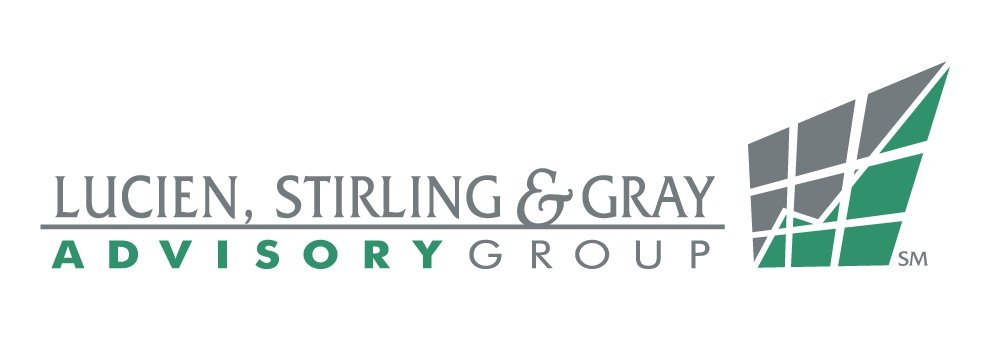A Deadline-Free Review
By Glenda Summers, CFP ®, Senior Advisor Associate
For certain people tax season serves as the once per year review of their financial situation. Marking April 15th off of the calendar with a sigh of relief may equate to putting finance-related records away in a drawer to collect dust until next year. Now that the looming tax filing deadline is gone, it would be a good chance to do a thorough financial record review.
Almost every day I give clients recommendations on things that need to be done or changed concerning their finances and records. A few examples of this would be beneficiary updates on retirement accounts and insurance policies, and simple things such as address changes on accounts. Nothing is more frustrating than scrambling to locate an important document before filing your taxes only to find you had neglected to update important information on it.
How long has it been since you reviewed your 401 (k), 403 (b) or Simple IRA? We are happy to review these for you. How long has it been since you sat down with your insurance agent to review your policies? Do you own something valuable that would not be covered by your insurance policy? Your insurance agent can get you a quote for a rider to your policy to cover these special items but only if they know about them. This would also be a good time to ask about an umbrella policy. Do you have a list of your important documents, and does that list include passwords and usernames for the business that you conduct online? Many times online account information is forgotten, although the bulk of what we do is paperless. Does someone know where the documents are, or where your safety deposit box is located? One of my clients found a large number of savings bonds under her mother’s bed in a paper sack. This is probably not the best place…
Keeping track of all of these things and updating them as-needed can be overwhelming. Having an ongoing management strategy for your financial records is valuable not only at tax time with tax-related documents, but also when preparing for a life transition. To reflect on our most recent Fireside Chat, “Simplifying & De-Cluttering Your Life,” we brought in an organizational expert who spoke on tackling your physical clutter, something to which most of us can relate. Everyone has “the drawer” that serves as a catch-all of items that are not important enough to have their own place, but are too important to throw away. Those items usually get lost in “the drawer” until the moment you are forced to clean it out. Another example is the keychain everyone seems to have in their household laden with keys they have collected on their life journey to some unknown door out there… Too important to throw away because: what if I ever find that locked door? I had a friend suggest extra keys could be manufactured into a crafty wind chime, which would at least give them another purpose other than taking up space on a key ring.
It is easy to let the organization of your finances be like “the drawer”—your insurance information is filed away for safekeeping and reevaluated only when you are forced to change policies due to a life change. It is also easy to fall into the category of “the keychain” – maybe finding a paper bank statement isn’t difficult for you because you know you have kept every one you have ever received. The flipside is that you find yourself sifting through decades of documents in search for the needle in the haystack. I would not recommend, however, fashioning dated bank statements into a wind chime.
The lessons that apply to organizing your physical belongings also apply to your financial organization. Individual behavior and your ability to follow important principles and practices of wealth-building will always be the primary factors of long term, real-life success. One of our principles at Lucien, Stirling & Gray is that intelligent financial advice is most valuable when it’s offered in the context of what’s going in your life. Knowing exactly what your money is for and having clearly defined processes for making sure that important things get done are two of the crucial keys to managing that behavior.
Along those lines, we thought it worthwhile to present again scenarios to prompt a conversation with your advisor as you identify, prepare and take purposeful steps to adapt and prepare for transitions.
__ Birth/adoption of a child__ Marriage or divorce__ Interest in funding a child’s or grandchild’s
education__ Death, long-term illness or disability of close
relative__ Considering changing insurance beneficiaries__ Redoing an estate plan__ Employment change__ Funding of long-term care for self or relative__ Considering a sizable gift or gifting program__ Tax-minimization strategies__ Significant change in employee benefits__ Charitable bequests__ Income change__ Supplementing Social Security income__ Retirement (actual or approaching) __ Investing required minimum distributions__ Purchased or sold real estate __ Received a large sum of money__ Interested in child’s college financial aid
eligibility/planning
If you would like to discuss your checklist and/or ask questions, your representative at Lucien, Stirling & Gray is happy to have this conversation with you.

